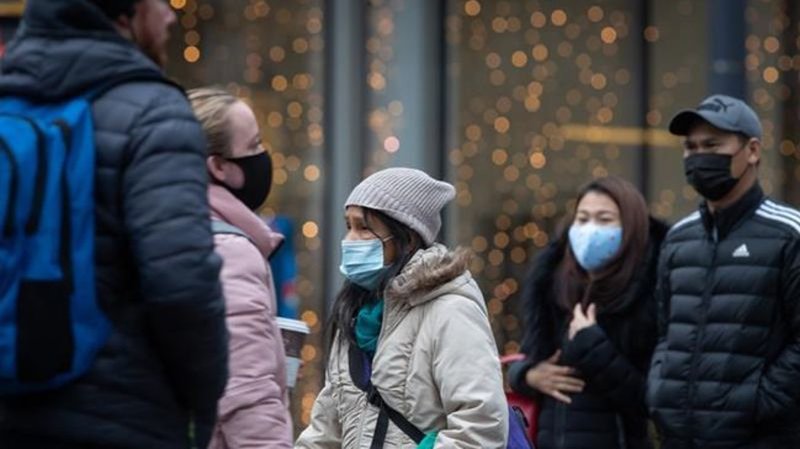
Restoring civil liberties in Canada post-pandemic a concern for legal experts
TORONTO — Canadians willingly, unwillingly, and sometimes unknowingly, gave up some of their civil liberties over the past eight months to try and slow the spread of COVID-19.
Legal experts who specialize in personal freedoms have spent most of 2020 making sure those public health restrictions didn’t go too far and now they’re working to ensure those rights are restored when the pandemic finally comes to an end.
Abby Deshman, the director of the criminal justice program for the Canadian Civil Liberties Association, said that a lot depends on how long COVID-19 remains a general health concern.
“After 9/11 things did not go back to pre-9/11 conditions in terms of civil liberties,” said Deshman. “We radically altered our expectations in terms of security at airports, court houses, government buildings, all kinds of places.
